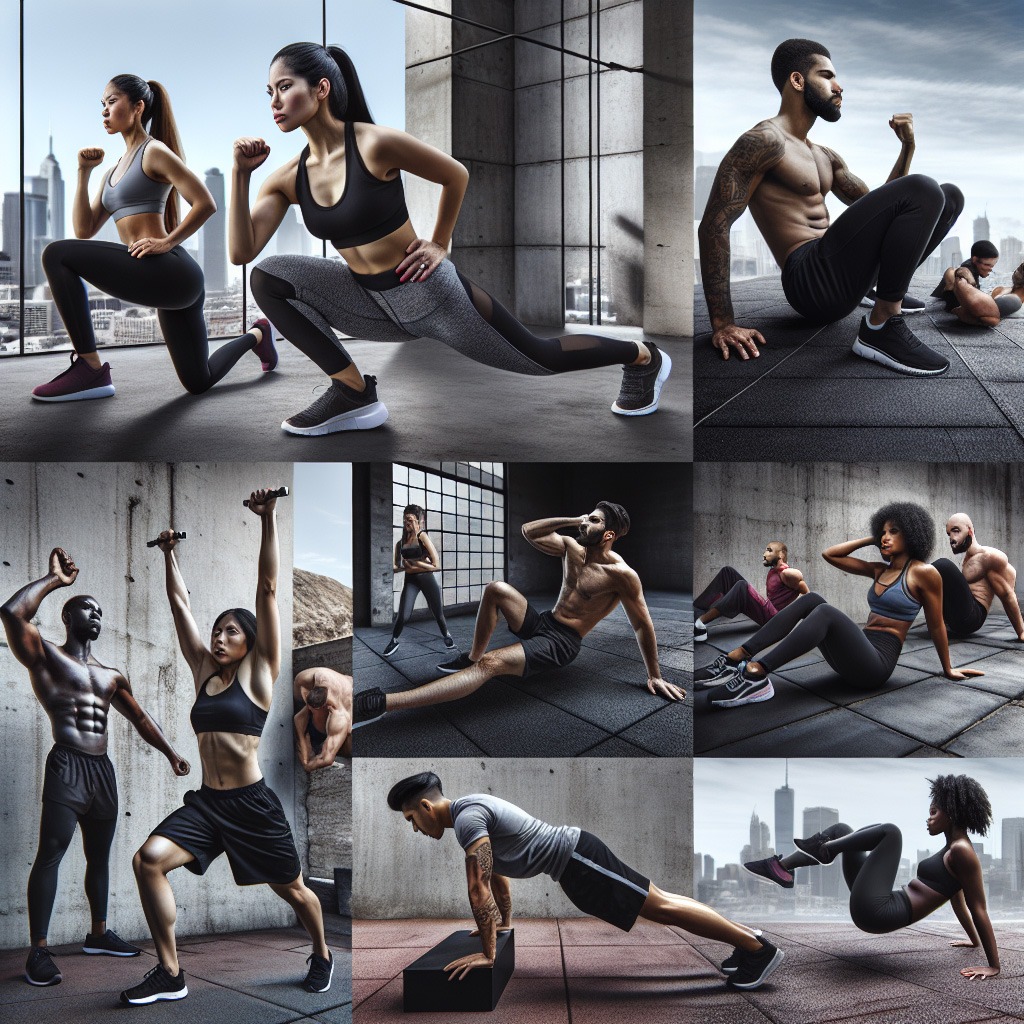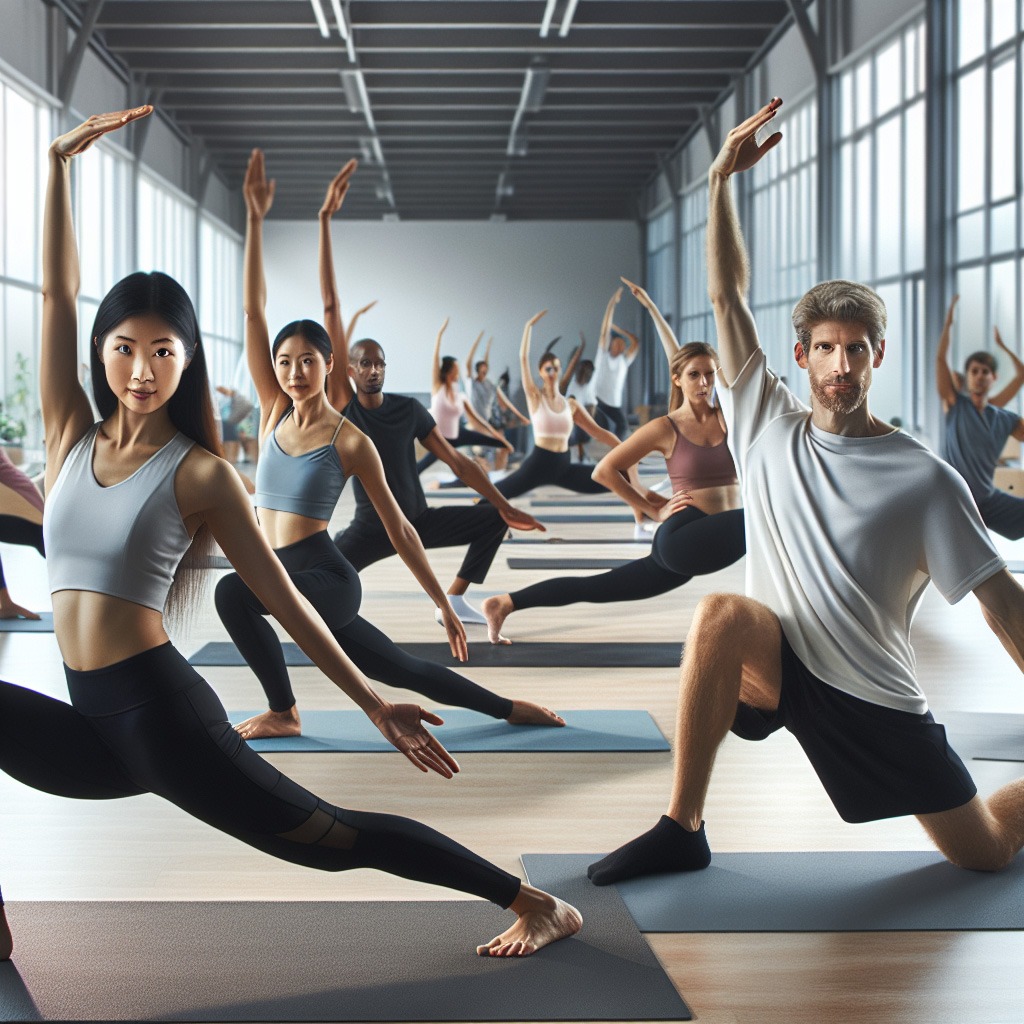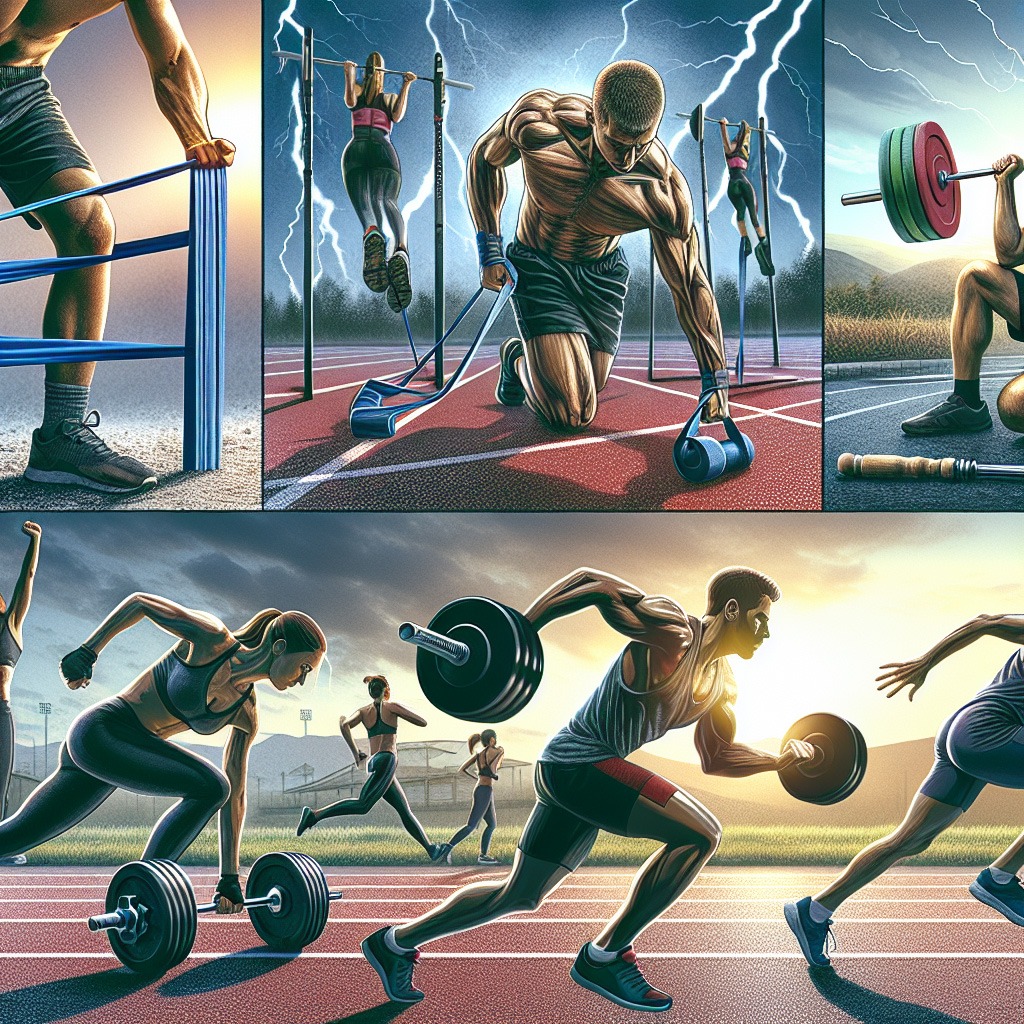
Regular exercise is one of the best things you can do for your health. However, working it into your routine and sticking with it can take some determination and discipline. Certain strategies can help you keep it up.
If you exercise regularly, you’ll begin to see and feel the benefits it can have on your body and well-being quickly.
If you’re considering starting to exercise but don’t know where to begin, this article is for you. Here’s all you need to know about starting a routine and sticking to it.
Why Exercise?
Regular exercise has been shown to improve your health significantly.
Its primary benefits include helping you achieve and maintain a healthy body weight and muscle mass and reducing your risk for chronic diseases.
Additionally, research has shown that exercise can lift your mood, boost your mental health, help you sleep better, and even enhance your sex life.
And that’s not all. It can also help you maintain good energy levels.
In short, exercise is powerful and can help improve your life.
REVIEW
Exercise can help to improve mental function, reduce your risk for chronic disease and manage your weight.

Common Types of Exercise
There are various types of exercise, including:
Aerobic. The core of any fitness program should include some form of continuous movement. Examples include swimming, running, and dancing.
Strength. These exercises help increase muscle power and strength. Examples include resistance training, plyometrics, weightlifting, and sprinting.
Calisthenics. These moves are usually performed without gym equipment using large muscle groups. They’re done at a medium aerobic pace. Examples include lunges, sit-ups, pushups, and pull-ups.
High-intensity interval training (HIIT). This type of exercise includes repetitions of short bursts of high-intensity exercise followed by low-intensity exercises or rest periods.
Boot camps. These are timed-based, high-intensity circuits that combine aerobic and resistance exercises.
Balance or stability. These exercises are designed to strengthen muscles and improves body coordination. Examples include Pilates, tai chi poses, and core-strengthening exercises.
Flexibility. These types of exercises help muscle recovery, maintain range of motion, and prevent injuries. Examples include yoga or individual muscle-stretch movements.
The activities above can be done individually or combined. The important thing is to do what works best for you and to have fun with it.
REVIEW
Common types of exercise include aerobic, strength, calisthenics, HIIT, boot camps, flexibility, and stability. You can do them individually or combined.
How To Get Started
It’s essential to consider a few things before starting a new workout routine.

1. Check Your Health
It’s important to consult your healthcare provider and get a physical medical examination before starting an exercise routine.
This is particularly important for those new to strenuous and vigorous physical activities.
An early checkup can detect any health problems or conditions that could put you at risk for an injury during exercise.
It can also help you optimize your workout, making it easier for you and your personal trainer, if you choose to work with one, to understand your limitations and create an exercise plan tailored to your particular needs.
2. Make A Plan And Set Realistic Goals
Once you decide to start exercising regularly, try to create a plan that includes attainable steps and goals.
One way to do this is to start with a plan of easy steps to follow. Then you can continue building on it as your fitness level improves.
For example, if your goal is to finish a 5-kilometer run, you can start by building a plan that includes shorter runs.
Once you can finish those short runs, increase the distance until you can run the whole 5 kilometers in one session.
Starting with small achievable goals will increase your chances of success and keep you motivated every step of the way.
REVIEW
Before you start working out, get a health check-up and make a plan with realistic goals. Then, make exercise a habit by incorporating it into your daily routine.

3. Make It A Habit
Another key component of exercise success is to stick to your routine.
It seems to be easier for people to maintain an exercise routine in the long term if they make it a habit and do it regularly.
Replacing an unhealthy behavior with a new healthier habit is an excellent approach to maintaining it in the long term.
Furthermore, making a schedule or exercising at the same time every day are good ways to sustain your routine and make it last.
For example, you can make exercise a habit by planning to work out right after work every day or first thing in the morning. It’s important to choose a time that works best for you.
REVIEW
The minimum recommendation for exercise is at least 150 minutes per week. However, it is important to start slowly and let your body rest from time to time.
1-Week Sample Exercise Program
Below is an easy-to-follow, 1-week exercise program that doesn’t require equipment and will only take you 30–45 minutes a day to complete.
This program can be adjusted to your fitness level and made as challenging as you want.
Monday: 40-minute moderate-pace jog or brisk walk.
Tuesday: Rest day.
Wednesday: Walk briskly for 10 minutes. Then, complete the following circuits, resting 1 minute after each set, but not between exercises. Stretch afterward.
- Circuit #1: 3 sets alternating 10 lunges for each leg, 10 pushups, 10 sit-ups
- Circuit #2: 3 sets alternating 10 chair-dips, 10 jumping jacks, 10 air squats
Thursday: Rest day.
Friday: 30-minute bike ride or moderate-pace jog.
Saturday: Rest day.
Sunday: Run, jog, or take a walk for 40 minutes.
REVIEW
There are various exercises you can do. The plan above is just one example to help get you started working out.

A Few Tips For Beginners
1. Stay Hydrated
Drinking fluids throughout the day is essential for maintaining healthy hydration levels.
Replenishing fluids during exercise is essential for maintaining optimal performance, especially when exercising in hot temperatures.
Moreover, hydrating after your workout can help you recover and get you ready for your next training session.
2. Optimize Your Nutrition
Be sure to consume a balanced diet to support your fitness program.
All food groups are necessary to sustain healthy energy levels and get the most out of your workout. Carbs are vital, as they can fuel your muscles before exercise.
Carbs are also important after exercise to replenish glycogen stores and assist with the absorption of amino acids into your muscles during recovery.
Additionally, protein helps improve muscle recovery after exercise, repairs tissue damage, and builds muscle mass.
Lastly, regularly consuming healthy fats has been shown to help burn body fat and preserve muscle fuel during workouts, making your energy last longer.
3. Warm Up
It’s important to warm up before your workout. Doing so can help prevent injuries and improve your athletic performance.
It can also help improve your flexibility and reduce soreness after your workout.
Simply start your workout with some aerobic exercises like arm swings, leg kicks, and walking lunges.
Alternatively, you can warm up by doing easy movements of the exercise you’re planning to do. For example, walk before you run.

4. Cool Down
Cooling down is also important because it helps your body return to its normal state.
Taking a couple of minutes to cool down can help restore normal breathing patterns and even reduce the chance of muscle soreness.
Some cool-down ideas include light walking after aerobic exercise or stretching after resistance training.
5. Listen To Your Body
If you’re not used to working out every day, be mindful of your limits.
If you feel pain or discomfort while exercising, stop and rest before continuing. Pushing through the pain is not a good idea, as it can cause injuries.
Also, remember that working out harder and faster is not necessarily better.
Taking your time to progress through your fitness program can help you maintain your routine in the long term and make the most of it.
REVIEW
Be sure to stay hydrated, eat a balanced diet, warm up before exercising, cool down afterward, and listen to your body.
 Add Row
Add Row  Add
Add 










Write A Comment